Harry Potter's Wizarding World is a place full of wonders and joy and something you could enjoy without much suspension of disbelief while you were younger. Then you got older and started questioning some of J.K. Rowling's fictional economic systems or the lack thereof. In her defense, she did admit that that aspect of world-building is not her strongest suit.
All things excused, the Wizarding World's economy makes for some hilarious banter among Potterheads. Certain inconsistencies exist that make no sense to anyone who's had their fair share of real-world economics (basically most adults). So, here are 10 ways the Wizarding World makes no sense once you see past the magic of Harry Potter's world.
10 TRANSPORTATION
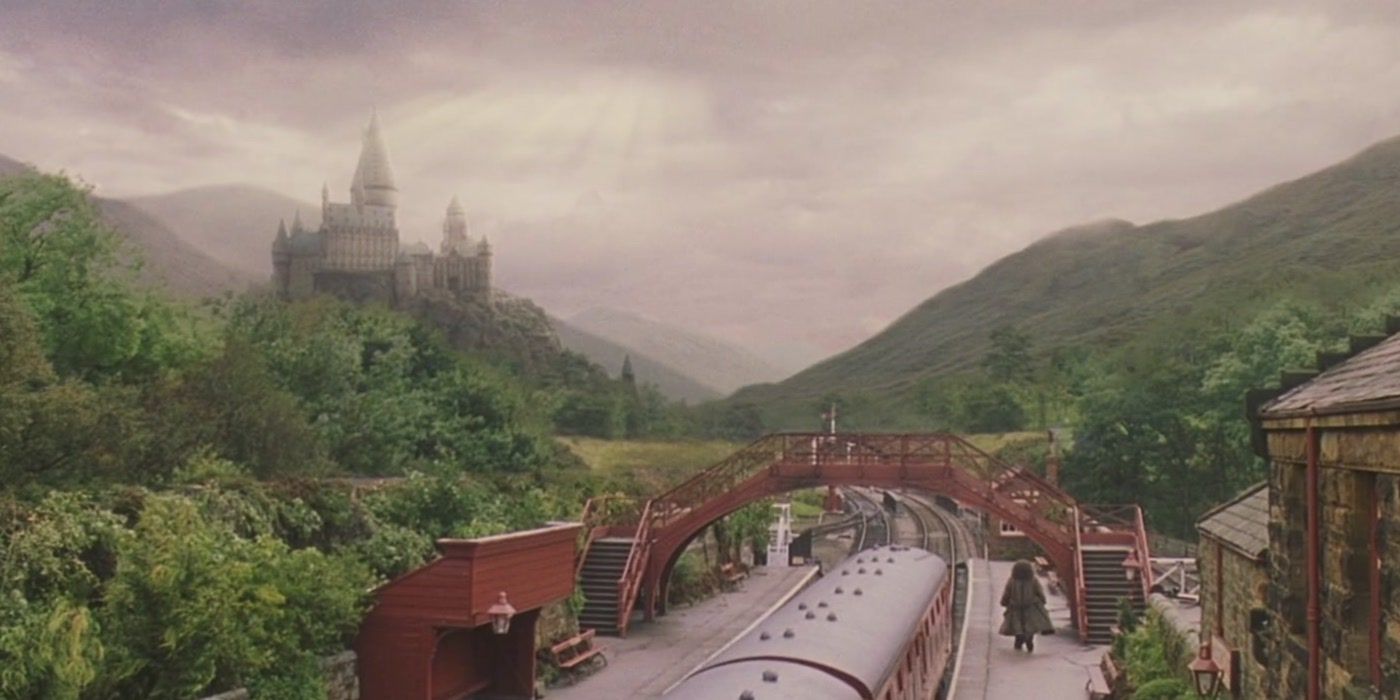
We're not saying countryside train rides are not fun and nostalgic; Rowling obviously put it there because it meant something to her (and to us) but after seeing the other transportation methods of the Wizarding World, you just have to wonder why they still use trains. Something like the Portkey or apparating (with official help, of course) could have easily done the job.
For first years, the train ride is certainly understandable-- wouldn't want the Muggle-borns dying of heart attacks now, don't we? Beyond that, why do you even need a train, or a boat, or a bus to travel to the known and frequented places in the Wizarding World? Those are just unnecessary expenses on the Ministry of Magic's part, plus they're not exactly efficient.
9 JANITORS AND OTHER SERVICE JOBS
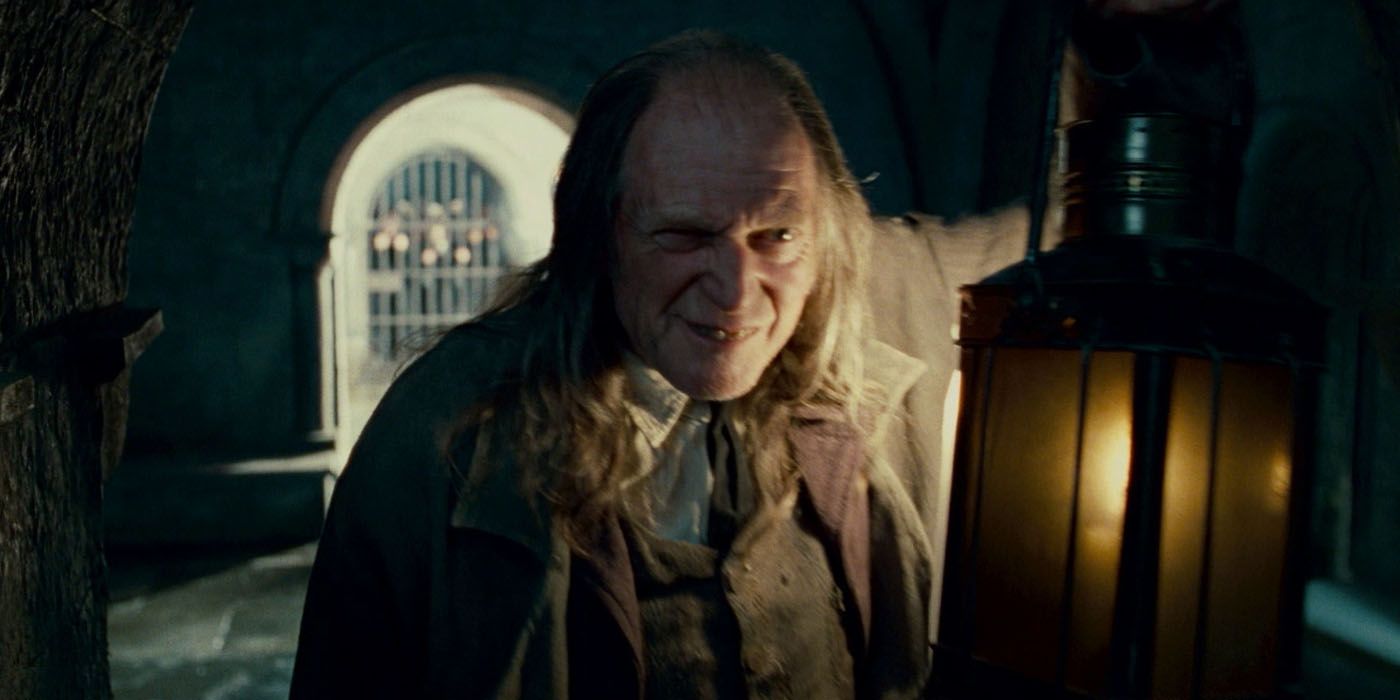
Speaking of unnecessary expenditures in the Wizarding World, you might notice that some members of the community do a lot of service work. Janitors, cooks, even housekeeping personnel are all present, which is weird because plenty of manual labor can be automated with a flick of a wand.
These could be jobs for Squibs or non-magic people born into a wizarding family-- they're basically the disabled in the Wizarding World but then again if they're like that, why give them heavy manual work at all instead of just financial support? They do get paid either way, but it seems disserviceable-- even harmful to have them do jobs that wizards and witches can automate with ease.
8 CURRENCY VALUE
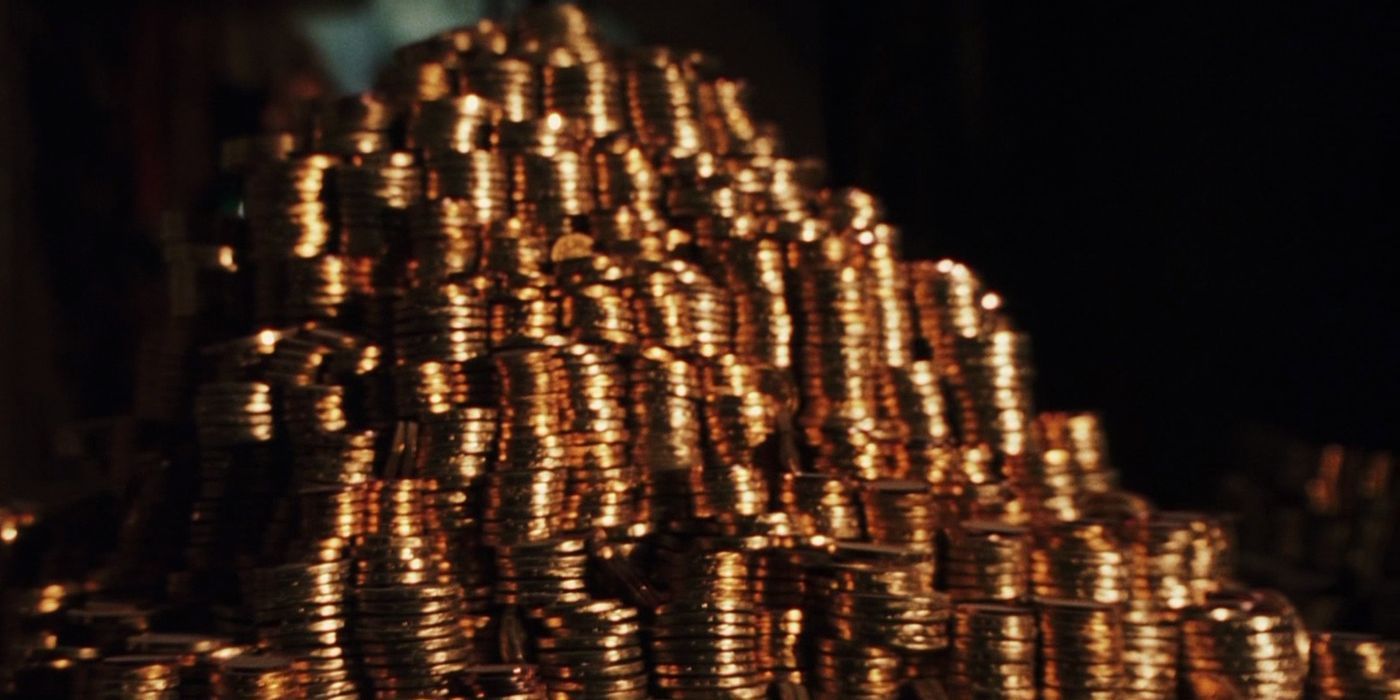
Even Harry himself was confused at the (UK) Wizarding World's money. They're basically just gold (Galleon), silver (Sickle), and copper (Knut) except their conversion rate doesn't make sense in the slightest. Apparently, one Galleon is worth 17 Sickles; one Sickle is worth 29 Knuts; therefore one Galleon is 493 Knuts.
How and why they didn't make those amounts have any zeroes in them for easier transactions is baffling. We're guessing because the Wizarding World does not study science nor math so they just went with whichever currency value came into mind with no innovation at all.
7 TRANSFIGURATION MESSES UP EVERYTHING
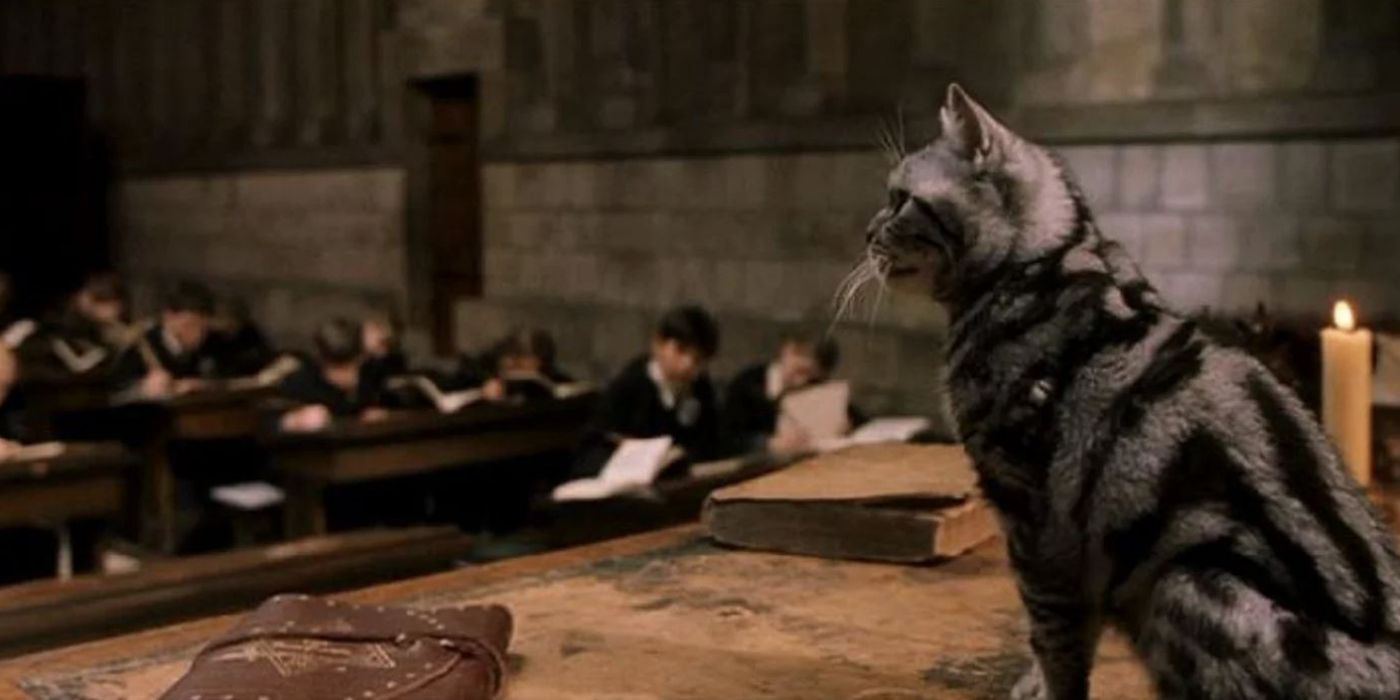
By far, Transfiguration is the most broken magic discipline in the Wizarding World. It literally lets wizards and witches create anything from scratch. Rowling did establish The Five Principal Exceptions to Gamp's Law of Elemental Transfiguration which states what cannot be transfigured and one of them was food; Rowling never specified the four others.
In any case, nothing is stopping a person from Transfiguring an insect into a chicken and then turning it into food or a piece of rock into gold and then carving it up into Galleons. There's a chance those might turn back into their original materials but then you can transfigure them again into other raw materials and then manually make them again. There goes the economy.
6 WHY DO THEY HAVE DENTISTS?
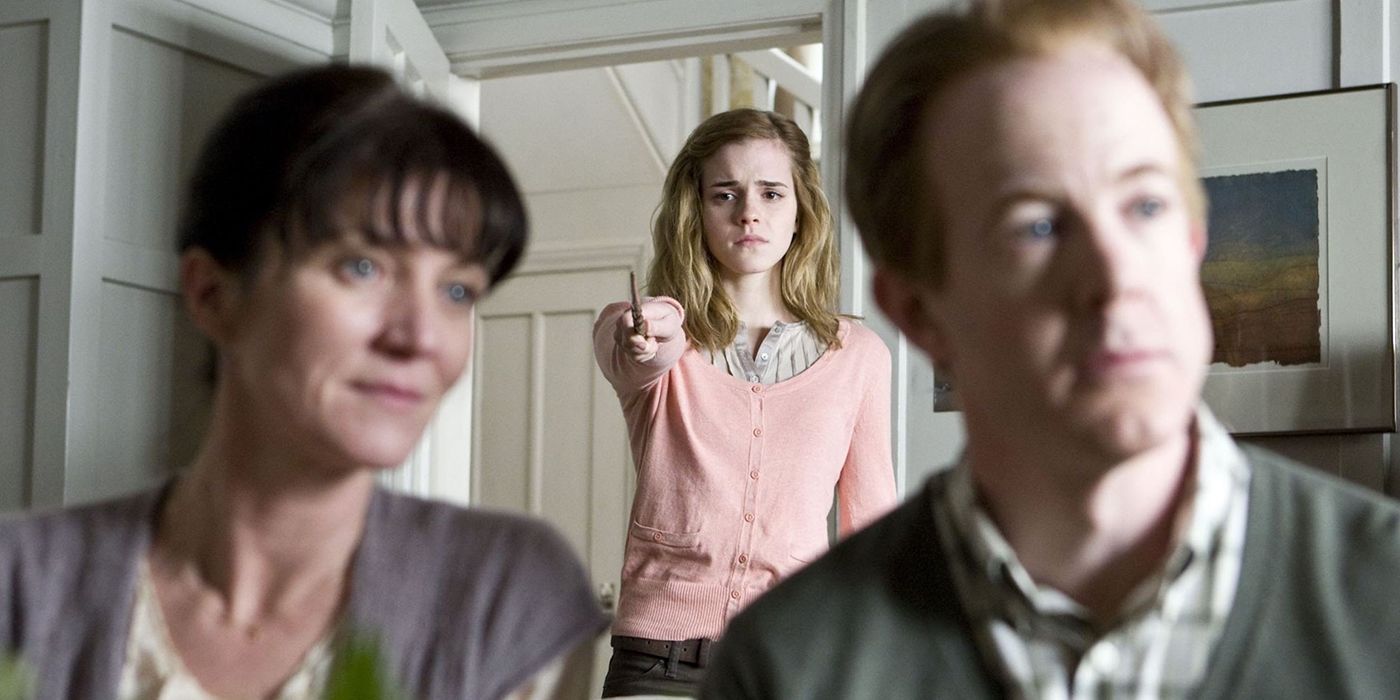
In addition to unnecessary service jobs, dentists also somewhat exist in the film adaptations of Harry Potter. You can even see one in Diagon Alley right under Mr. Mulpepper's Apothecary. The Weasley family tracking clock also shows that they go to a dentist of some sort.
Oddly enough, Professor Horace Slughorn in the film didn't know what a dentist was. Either way, the Wizarding World doesn't really need a dentist seeing how Madame Pomfrey easily grew Harry's bones back with a simple concoction.
5 SCHOOL SUPPLIES ARE INCREDIBLY INEFFICIENT
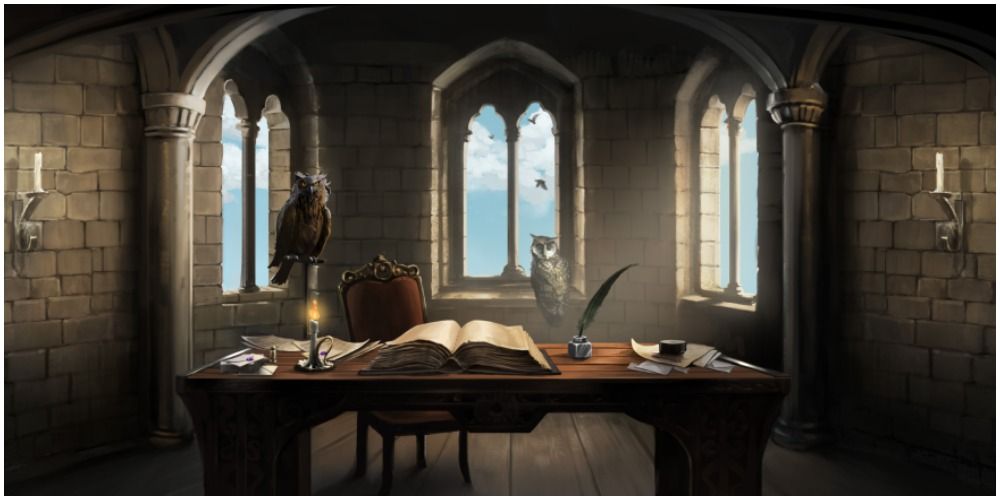
The list of inefficient things in Hogwarts' economy just keep growing, don't they? We have more at Hogwarts in the form of school supplies, mainly the parchment and the quill pen. The parchment is a lot more difficult to make than sheets of paper since it requires sheepskin (or other bovines) which isn't very green of them.
To think that a Hogwarts student needs 300 sheets of it per school year is just not economically sound. Where did they get that many sheep? The pen is no better, why couldn't they just write with pencils and normal paper? Hogwarts isn't exactly a private school either, the tuition is paid for by the Ministry of Magic.
4 WHY NEED MONEY AT ALL?
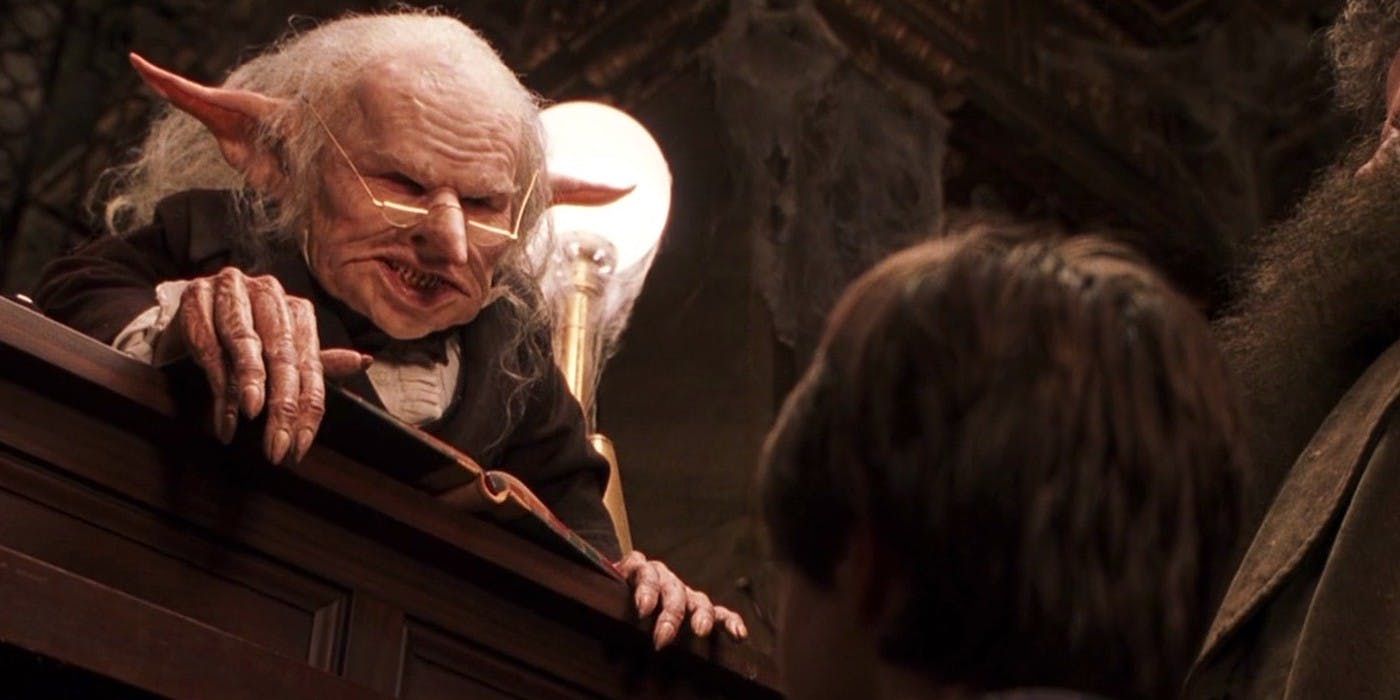
In a world where you can enlarge your rooms and duplicate or enlarge things such as food, bricks, and clothing, you can probably think of creative and resourceful ways to fulfill your basic needs. In that case, you might not even need money in the Wizarding World if you lead a simple life.
Apparently, one of the few things wizards and witches spend currency on is food and stuff that's on another higher level in the hierarchy of needs. Really, the only money you'd need is to graduate Hogwarts (which is free, but deadly), a wand, a set of clothes, a few building materials, and crops; afterward, you're set for life if you're clever with your resources.
3 OLLIVANDER'S IMPRACTICAL BUSINESS
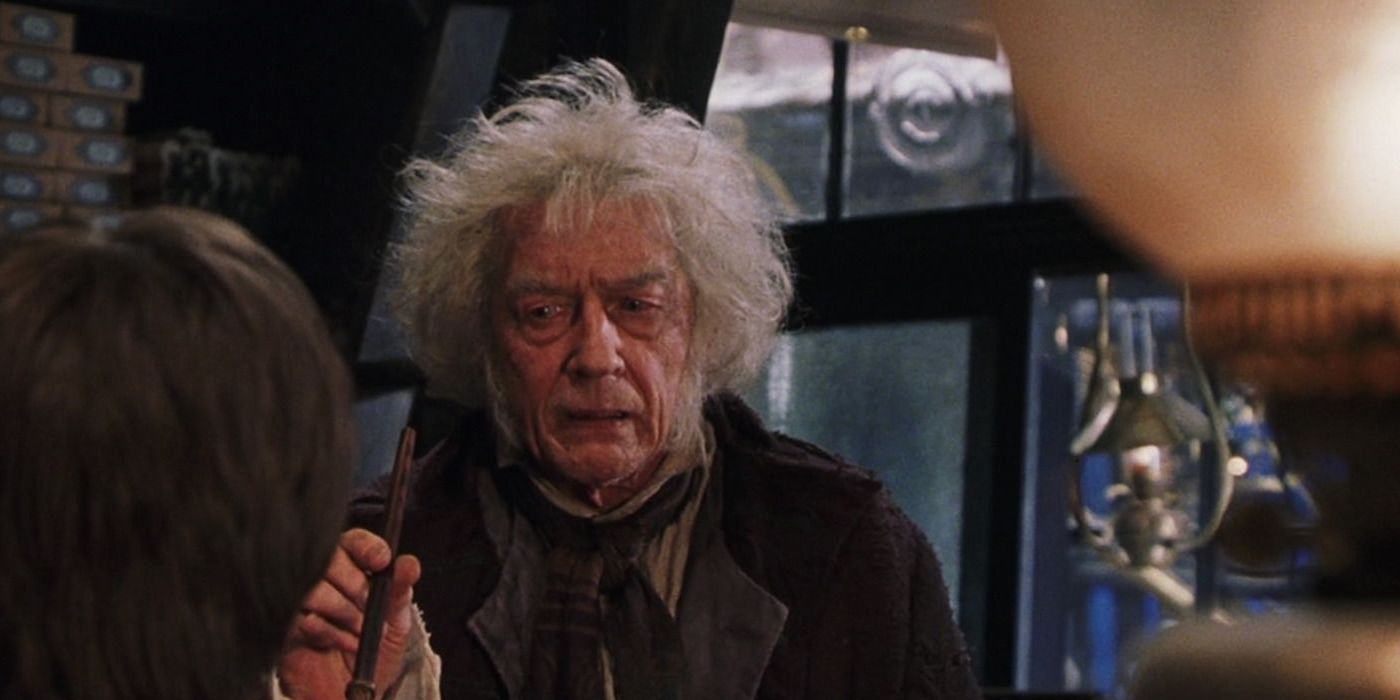
Ollivander's is the only wand shop in UK's Wizarding World and that means he's got huge orders to fill. The wand demand probably only surges once a year near the start of the Hogwarts school year meaning the only income Ollivander's will have any other time of the year is usually from repairs or adult wizards needing new wands.
Additionally, some of the wand's components are more expensive than the wands themselves. Harry Potter's wand for example, only costs seven galleons but a prime ingredient for wands, such as the unicorn hair, costs 10 galleons-- that's just one component. Sure, Garrick Ollivander could collect the ingredients himself and do the manufacturing himself, but that's highly unlikely for a man as old as he is. Inflation could also be a thing in the Wizarding World, though that could also be unlikely given their unlimited resources.
2 WHERE DOES THE MINISTRY GET ITS FUNDING?
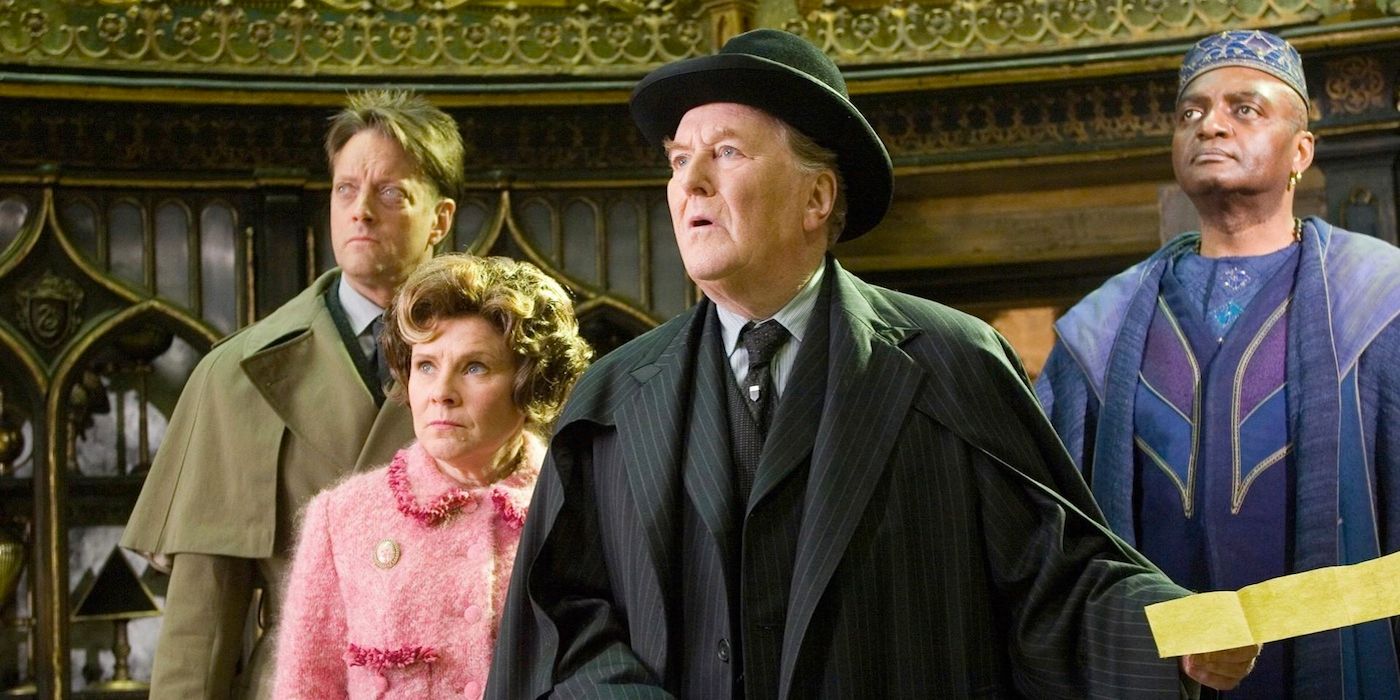
Apparently, taxation doesn't seem to exist (no evidence of it does) in the UK Wizarding World which makes sense because their government, the Ministry of Magic, doesn't exactly provide substantial benefits-- not even defense. In that regard, where the Ministry of Magic gets its funding is questionable.
Moreover, it appears the majority of the jobs in the UK Wizarding World are government-related, meaning it involves the Ministry. They have to pay those guys, so where does the funding come from if there's no taxation? Let's just chalk it up to the Malfoys giving huge "donations" to the Ministry every now and then.
1 WHY ARE THE WEASLEYS POOR?
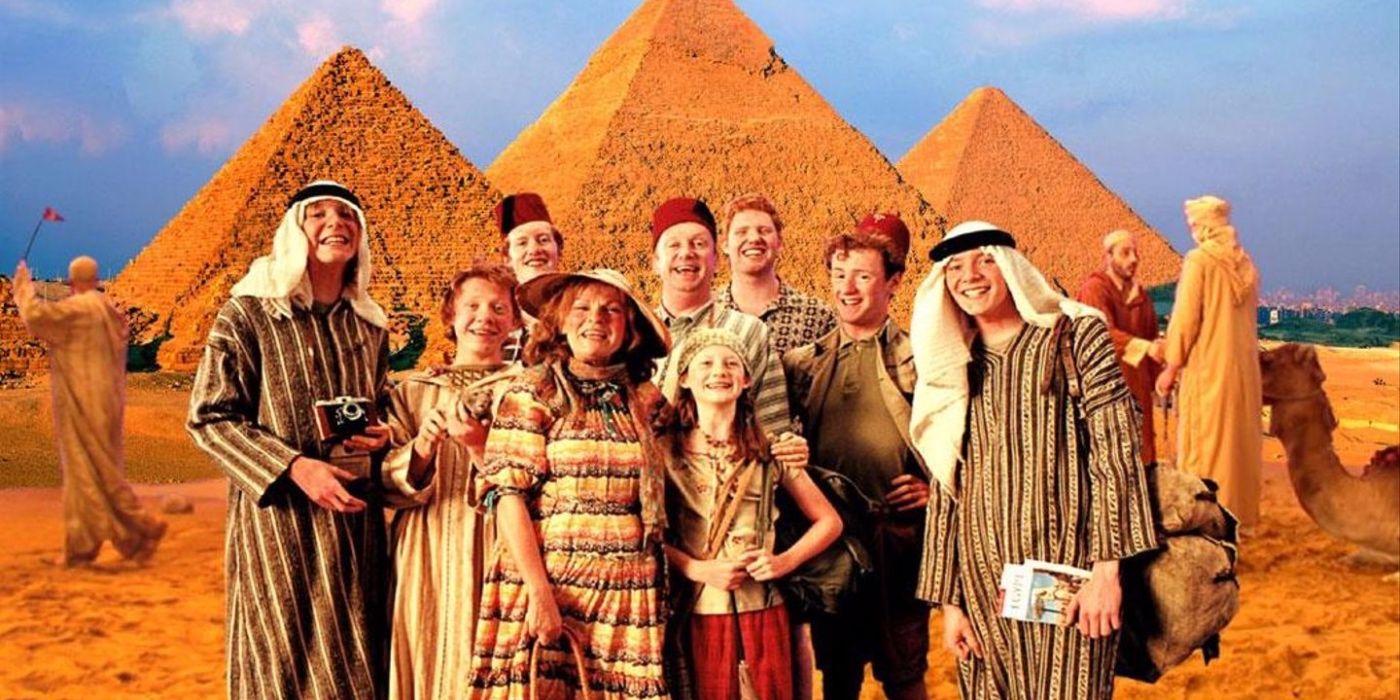
Now that we've dissected the currency and the necessity of money in the Wizarding World, how and why the Weasleys are poor just bemusing. The Malfoys, for example, dabble in Muggle economy and house-elf slavery, which is why they're rich. How we perceive wealthy and poor may not exactly apply with the Weasleys since their use for Galleons, Sickels, and Knuts is just for school. Even then, they can easily duplicate books with a spell or copy them down with a quick-quotes quill. Really, wands are the only expense they have.
They have everything in their backyard; Molly grows crops, their house is easily repairable (they can even expand it); plus all of them are proficient with magic. Why they're considered poor by their contemporaries in a world where there shouldn't really be poverty is just confounding. Oh well, maybe they're just poor because Rowling says so, case closed.
from ScreenRant - Feed https://ift.tt/2AKsFC4

0 comments:
Post a Comment